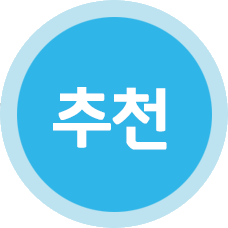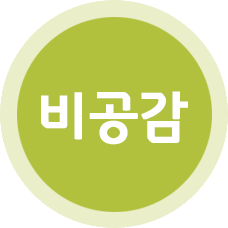Author: Stephen Costello, Asia East
It is hard to overstate the drama that has gripped the South Korean political world during the past 12 months. But the return of pragmatic democratic leadership today offers a crucial opportunity for President Moon Jae-in to reshape the perilous security situation in Northeast Asia as well as to reinvigorate South Korea’s democracy and economy.
The political year really began in October 2016, when then president Park Geun-hye’s combination of corruption and incompetence propelled hundreds of thousands of citizens onto the streets in lively but peaceful protests. On 10 March 2017, the National Assembly voted unanimously to impeach Park. Sixty days later Moon Jae-in was elected.

There may not be any other democracy today that could do this.
South Koreans can be rightfully proud of this. Yet it is not clear that government leaders or the policy community at large have fully digested the country’s growth or fully recognised its middle power potential. In this sense, they lag behind much of the public.
For South Korea and Northeast Asia, the most important aspect of Moon’s election is that he is a pragmatist, not an ideologue. That makes him unique right now in Northeast Asia. His task is to advertise South Korea’s assets and insist on the country’s rightful seat at the decision making table. If the Moon government can become a channel for clear and pragmatic policies, it can then lead on critical issues such as North Korean denuclearisation and development, disaster relief, clean energy and arms reduction.
Yet to do that, impediments within South Korea’s policy space must be acknowledged and managed — some will even have to be addressed head-on. One is that conservatives fear modernism and miss the imagined certainty of the pre-democratic era. Another is that there is a persistent political and personality war among democrats that may determine how successfully Moon can shape policy debates and maintain support in the National Assembly. Moon must also cooperate with the progressive People’s Party and the Justice Party in order to push through his initiatives.
There are two other challenges that could constrain South Korean power and flexibility.
One is the radically different views that persist of South Korea’s role, power and responsibilities: on one hand, a weak and dependent South Korea, and on the other, a South Korea that stands as middle power. Even the President seems torn between them; Moon recently said that the regional situation ‘is not favourable to us’ and that South Korea ‘has no power to resolve the current crisis or help relevant sides seek an agreement’. But he has also insisted for months that Seoul should be ‘in the driver’s seat’ on North Korea issues, and he has begun to cultivate his relationship with Xi Jinping.
The second challenge is the South Korea–US alliance. The relationship is long overdue for readjustment and modernisation but is encountering numerous road blocks under the Trump administration. The Trump administration is an unreliable negotiating partner, and it has become hyper-sensitive to any hint of independent ambition by Seoul. While the alliance is not at risk, it sorely needs South Korea to assume greater responsibility. But US unpredictability and Trump’s bellicosity mean statements to that effect evoke nervousness among South Korean elites, and have prevented the government from advancing solutions.
Where does that leave South Korea’s foreign policy direction? President Moon needs to focus on three key external relations opportunities.
First is South Korea’s regional relations. Moon has already begun to manage the areas in which South Korean, Chinese and Japanese interests overlap. But it would be a grave mistake for Moon to continue to urge Russia and China to punish North Korea harder. Instead, his advantage lies in his ability to offer a roadmap for infrastructure and development that integrates the North. China, Russia and Japan would directly and amply benefit from this. Moon should also encourage diplomacy and increased global interaction with North Korea, which could form the basis for the next successful regional advancement.
Second is South Korea’s bilateral relations with North Korea. South Korea’s clear interest lies in reclaiming the strategic possibilities that emerged in 2000, when the North’s proposed denuclearisation benefitted each actor and Pyongyang’s security and development were tightly linked to it. But if the government continues to pursue the false notion that maximum isolation and pressure can lead to negotiations with Kim Jong-un, then it can make no progress.
Third is South Korea’s alliance with the United States. Due to mistakes of past US and South Korean presidents, the North Korea issue now largely defines bilateral relations. This was clear before Moon was elected. If he is to be a true friend to the United States rather than a Trump enabler, he will quickly take up leadership on Peninsular issues (which Trump has abandoned).
While the United States will eventually return to positive engagement on Peninsular issues, this may take five years or more, and Moon doesn’t have time to wait. Too much of South Korea’s agenda and its immediate security depend on him moving now. Trump has shown himself to be malleable — particularly if others arrange for the US’s advantageous participation. That possibility — rather than fuelling Trump’s non-strategic, ‘tough guy’ impulses — is where Seoul and Washington’s roles can be mutually reinforcing.
With its US ally temporarily drained of diplomatic and institutional capacity, and with broad public support, South Korea’s leadership has never possessed this level of capability, stability and flexibility. How and whether it is used will greatly impact regional dynamics in coming months and years. Will the government use its unprecedented power to play a decisive and positive role in 2018?


 글쓰기
글쓰기